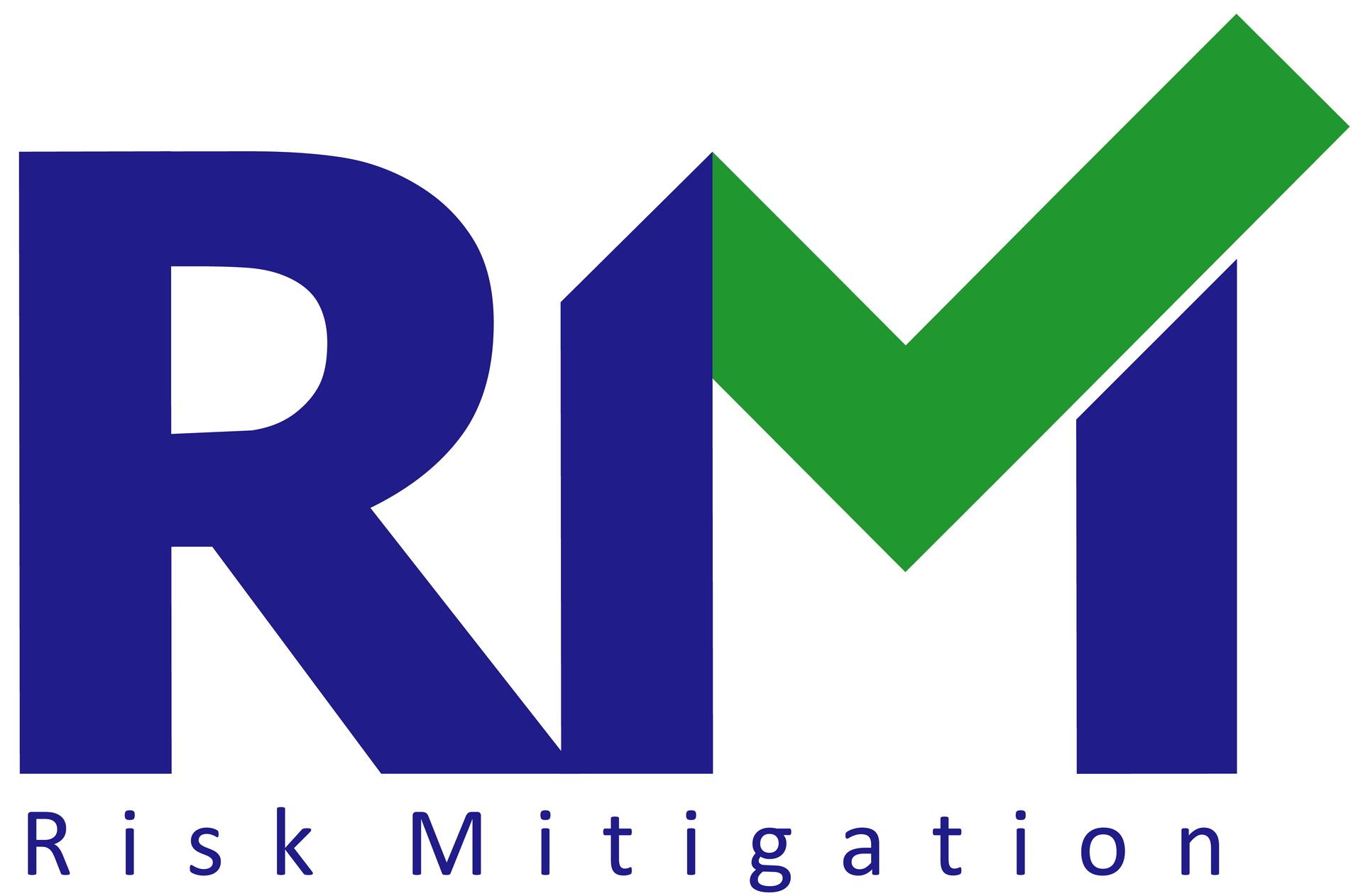Credit Rating Services by RM for Credit Assessment & Debt Collection: Enhancing Financial Stability in Saudi Arabia and Bahrain
c733e93d-38cd-4b97-b6e9-1b6ce13323f6 • March 21, 2025
Credit Rating Services by RM: Enhancing Financial Stability in Bahrain and Saudi Arabia
Introduction
A credit rating is a crucial financial metric that evaluates the creditworthiness of financial institutions, corporations, governments, and individuals. It is a key factor in determining borrowing risks, influencing interest rates, financial market stability, and investment decisions. Understanding credit ratings is essential for businesses seeking financing, investors evaluating credit rating bonds, and individuals managing their credit risk effectively.
This guide explores credit rating meaning, its significance, credit rating agencies, the process of credit rating check, and methods for improving a credit rating. It also provides insights into credit rating Saudi Arabia and credit rating Bahrain. Additionally, we will highlight how RM for Credit Assessment & Debt Collection helps businesses enhance their credit profiles and mitigate financial risks.
What is a Credit Rating?
A credit rating is an independent assessment of a borrower’s ability to fulfill financial obligations. It is assigned by credit rating agencies such as Moody’s, Standard & Poor’s (S&P), Fitch Ratings, and DBRS. These ratings help investors, financial institutions, and governments gauge financial risk before making lending or investment decisions.
A credit rating report reflects an issuer's financial standing by providing opinions on its historical payments, outstanding debt, and overall financial strength. These reports help lenders and investors make informed decisions by offering a transparent assessment of a company's financial reliability.
Types of Credit Ratings
Credit ratings are classified based on the type of entity being assessed:
- Sovereign Credit Rating: Measures a government's ability to meet debt obligations.
- Corporate Credit Rating: Evaluates a company’s financial health and risk profile.
- Individual Credit Rating: Determines an individual’s creditworthiness based on their financial history, credit scores, and repayment patterns.
- Bank Credit Rating: Assesses a bank's financial stability and lending capacity.
- Security Rating: Measures the risk level of securities issued in financial markets.
Why is a Credit Rating Important?
A credit rating affects multiple financial aspects, including:
- Loan Approvals & Interest Rates: Lenders use credit ratings to evaluate eligibility and determine interest rates for loans.
- Bond Market Investments: Investors consider credit rating bonds to measure investment risk.
- Sovereign Credit Ratings: A country's credit rating influences its borrowing costs, economic reputation, and foreign investment inflows.
- Business Creditworthiness: Companies with strong credit ratings can access funding more easily, negotiate favorable terms, and enhance investor confidence.
- FICO Scores: These scores are essential for individuals and play a crucial role in determining creditworthiness.
- Financial Security and Stability: A high credit rating signifies financial strength, while a low rating suggests increased risk of default.
- Risk Prediction: Helps in predicting future financial risks and obligations.
Credit Rating Agencies
Several major agencies dominate the global credit rating industry:
- Moody’s Credit Rating: Uses a range from Aaa (highest) to C (lowest), known as the credit rating Moody's scale.
- Standard & Poor’s (S&P): Assigns ratings from AAA (strongest) to D (default risk).
- Fitch Ratings: Similar to S&P, offering comprehensive credit assessments.
- DBRS: A Canadian credit rating agency evaluating financial institutions and sovereign entities.
- Experian, Equifax & TransUnion: Focus on providing credit scores and financial data for individuals and businesses.
Credit Rating Scale
Credit ratings fall into two main categories:
1. Investment Grade:
AAA to BBB (Low risk, strong ability to repay debts)
2. Speculative Grade (Junk Bonds):
BB to D (Higher risk, greater probability of default)
Credit Rating in Bahrain and Saudi Arabia
Bahrain’s Credit Rating
Bahrain's credit rating has fluctuated due to economic factors, regional dependencies, and oil price volatility. However, ongoing fiscal reforms and economic diversification efforts aim to enhance its financial standing. A company assessing Bahrain’s rating over time must understand the borrower's ability to meet financial obligation. Credit ratings typically reflect the relative risk of lending, with agencies using various indicators such as income stability to rate the economy. Bahrain's efforts to strengthen its financial position aim to create a more stable environment for both the borrower and investors.
Saudi Arabia’s Credit Rating
Saudi Arabia's credit rating is considered strong due to its robust financial reserves, economic diversification, and government-led initiatives such as Vision 2030. The nation's solid financial system and reduced reliance on oil revenues contribute to its excellent rating by agencies such as Moody’s, S&P, and Fitch. As an issuer, Saudi Arabia maintains a stable economic outlook supported by strategic reforms. The evaluation of its creditworthiness reflects a fair financial position, benefiting both companies and individual's access to capital. Strong fiscal policies ensure that the debtor environment remains secure, while the financial service sector supports sustainable growth. Additionally, the country's well-managed asset portfolio enhances its resilience against economic fluctuations.
How to Check Your Credit Rating?
Performing a credit rating check is essential for individuals and businesses. Credit scores can be accessed through financial bureaus, including:
- Bahrain Credit Reference Bureau (Benefit) Many online services also offer a credit rating free check, allowing users to monitor their credit status.
- SIMAH (Saudi Arabia)
- Al Etihad Credit Bureau (UAE)
Credit Rating and Bonds
A credit rating is crucial in the bond market, helping prospective investors assess risk levels. Bonds rated AAA or AA indicate low risk, while lower-rated bonds may offer higher returns but carry greater financial uncertainty. An entity's finances play a key role in determining its rating, with poor ratings signaling higher default risk. Organizations and countries rely on these ratings to attract investors, while agencies provide clear definitions to classify creditworthiness.
Frequently Asked Questions
1. What is Moody’s Credit Rating?
Moody’s applies a credit rating Moody’s scale ranking creditworthiness from Aaa (highest quality) to C (default risk).
2. Can I Get a Credit Card Without an Annual Fee in Saudi Arabia?
Yes, various banks in Saudi Arabia provide credit card without annual fee in Saudi Arabia, such as Al Rajhi Bank and Riyad Bank.
3. Is Credit Score Important?
Yes, a credit score directly impacts loan approvals, interest rates, and investment opportunities (is credit score important).
4. Can I Get a Contract Phone Without a Credit Check?
Yes, some telecom providers offer without credit check contract phone plans, though they may require larger deposits.
5. What is a Credit Rating Used For?
A credit rating is used for credit rating assessments, investment decisions, and evaluating loan eligibility.
6. Can I Get a Loan Without a Credit Check?
Yes, some lenders offer without credit check loan options, but these often carry higher interest rates.
7. What is a Low Limit Credit Card?
A low limit credit card is a card with a restricted credit limit, commonly issued to individuals with limited credit history.
8. What is a Credit Rating?
A credit rating is a measure of an entity’s ability to meet financial obligations (what is a credit rating).
9. Do I Need a Credit Score to Get a Loan?
Yes, lenders assess your credit rating with credit score before approving loans.
10. Is Credit Rating Determined by an Investment Bank?
No, credit rating agencies determine credit ratings, not investment banks (is credit rating determined by investment banks).
Conclusion
A credit rating is a vital financial tool influencing lending opportunities, investment decisions, and economic stability. Whether you require a credit rating free check, seek to enhance your credit rating scale, or need professional advisory on credit rating Saudi Arabia or credit rating Bahrain, understanding credit ratings is crucial for financial success.
At RM for Credit Assessment & Debt Collection, we specialize in helping businesses optimize their credit portfolios, improve financial standing, and mitigate risks effectively. Contact us today to discover how our expert services can enhance your credit rating
and secure long-term financial growth.
You might also like

By c733e93d-38cd-4b97-b6e9-1b6ce13323f6
•
March 19, 2025
Explore the definitions, importance, and types of KYC and eKYC in the financial sector. Understand the role of organizations like BENEFIT and SIMAH in enhancing customer verification processes and learn how clients can effectively choose relationship managers for credit assessments and debt collections.

By c733e93d-38cd-4b97-b6e9-1b6ce13323f6
•
March 9, 2025
اكتشف أهمية معرفة العميل والعناية الواجبة وتقييم مخاطر الائتمان في البحرين والمملكة العربية السعودية. تعرف على كيفية تقديمنا لتقارير الجدارة الائتمانية المخصصة وتحليل التدفق النقدي ورؤى الائتمان عبر الحدود لمساعدة الشركات على اتخاذ قرارات مستنيرة وتخفيف المخاطر

By c733e93d-38cd-4b97-b6e9-1b6ce13323f6
•
March 8, 2025
Protect your investments in Bahrain with specialized Due Diligence, KYC, eKYC, and Credit Assessment Services. Learn how expert guidance can help you navigate regulations, mitigate risks, and make informed decisions for mergers, acquisitions, and partnerships.

By c733e93d-38cd-4b97-b6e9-1b6ce13323f6
•
March 7, 2025
Discover the importance of KYC, due diligence, and credit risk assessment in Bahrain and Saudi Arabia. Learn how RM for Credit Assessment & Debt Collection provides tailored creditworthiness reports, cashflow analysis, and cross-border credit insights to help businesses make informed decisions and mitigate risks
Book a Service Today
Thank you for contacting us.
We will get back to you as soon as possible
We will get back to you as soon as possible
Oops, there was an error sending your message.
Please try again later
Please try again later


